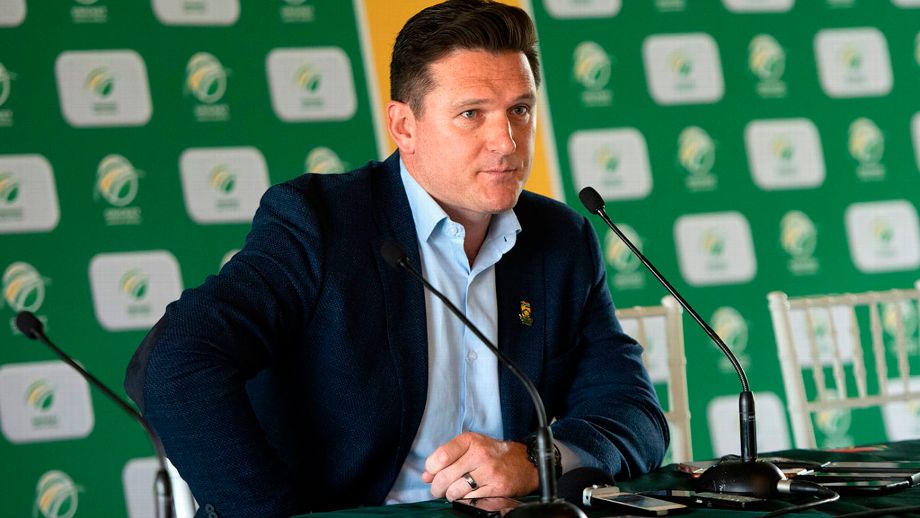MARK KEOHANE, for IOL, writes that Graeme Smith is capable of leading South African cricket out of the mire but has to dig deep within himself before his own cleansing is complete.
Smith is South Africa’s most successful international captain, one of the best opening batsmen to have played the game and an integral part of South African cricket’s history post-isolation.
The way Smith played the game was tough and uncompromising. It had to be, when he was made the Proteas captain at just 22 years old.
Many questioned his promotion to Test captain at such a young age and a former England captain famously couldn’t remember Smith’s name at a press conference in the buildup to a Test series between England and Smith’s South Africa.
Smith’s response was to score a double hundred. Hussain, like the rest of the England team, never forgot Smith’s name and it was Smith’s Proteas that forced Hussain to relinquish the England captaincy.
Smith’s international cricketing achievements must be stated: he scored 9,265 Tests runs and 6,989 ODI runs. He scored 27 Test hundreds and 38 half-centuries and 10 ODI hundreds and 47 half-centuries. He averaged 48.25 as a Test opener in 117 Tests and 37.98 in 197 ODIs. He also averaged 31.67 in 33 T20s and captained the Proteas in 108 Tests.
Smith holds the world record of captaining a Test team (109), which includes captaining the ICC in an official Test match. His 53 Test wins as captain is also a world record.
There is no counter to Smith’s pedigree when it comes to cricket or his standing internationally as one of the finest to have played the game.
He is a leader and has always shown that on the field of play.
But it is now that Smith, at 39 years old, must show the world his EQ matches his IQ and his leadership can look within as much as it can inspire outwardly.
Several players of colour have spoken out about being prejudiced when playing for the national team captained by Smith and his predecessor, Hansie Cronje.
One of them is Thami Tsolekile, who this past fortnight has been vocal in his public attacks on Smith as a person and Smith as the national captain. Tsolekile felt Smith ended his international career and spoke of being treated differently to white players.
For the record: Tsolekile ended his own career with a long-term ban for match-fixing. This had nothing to do with Smith, who responded to Tsolekile’s claims with a counter-claim of his own. Smith, on social media, gave his side of the story when it came to selections. It painted a glorious picture of a captain devoid of power when it came to influence about players’ national aspirations.
This is nonsense. Smith, like Cronje, was the most powerful voice in South African cricket in his playing era. Smith dictated and determined and got the necessary results.
He has nothing to apologise for if he felt Tsolekile was not good enough to make the team and expressed an opinion, but he has plenty to apologise for if he couldn’t see the racial bias black players were experiencing within the squad he captained for 10-plus years.
Tsolekile said he would have appreciated an apology from Smith, but the nature of the apology has got lost in translation. Tsolekile wants comfort he didn’t make it because of Smith, which is untrue. There won’t and should not be a selection apology but there has to be one from Smith to every player who felt marginalised because of an environment that spoke exclusively to a white culture.
If Smith can understand this, he will understand how to fix South African cricket.
As for Tsolekile, he, as a black player, deserves an apology from those within cricket’s system, while his apology has to be to the sport that he disgraced through actions that led to a career-ending match-fixing ban.






